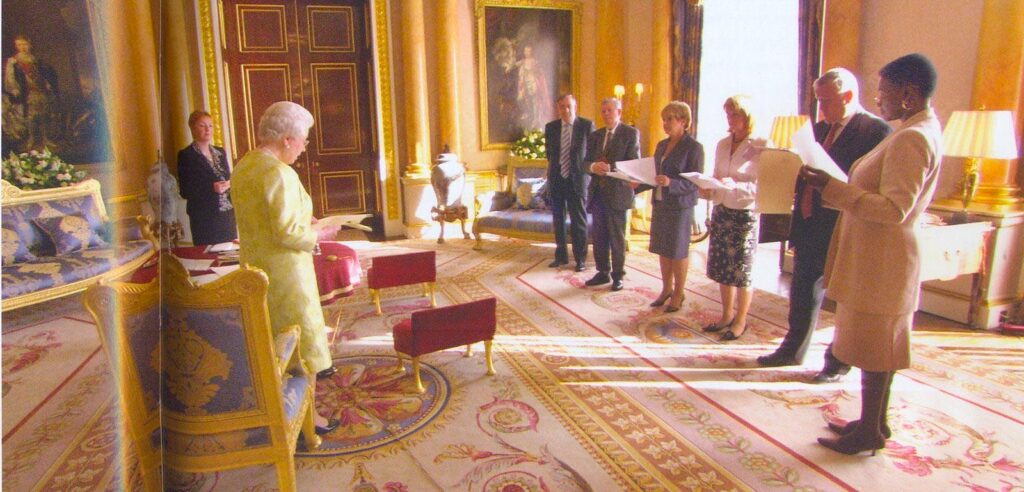Ken Handley QC
Australians for Constitutional Monarchy supports the continuance of a system of government in which the role of the Crown, represented by the Governor or Administrator, complements the role of Parliament in providing a system of checks and balances over the actions of the Executive Government.
Orders and directions made by Ministers under the authority of Public Health legislation during the Covid 19 crisis have highlighted the absence of the usual checks and balances in such cases. Such orders and directions impose duties on the public and create offences enforceable by fines or imprisonment. They are a form of delegated legislation.
Delegated legislation under the authority of an Act of Parliament is normally made by the Governor or Administrator acting on the advice of the Executive Council. The Minister, acting through the Executive Council, must satisfy the Governor or Administrator that the proposed delegated legislation is authorised by the relevant statute and is formally valid.

It must then be tabled in Parliament, in the case of New South Wales in both Houses, and is subject to disallowance by either House. On a motion to disallow, the House can consider the validity and merits of the delegated legislation. The existence of this power will cause the Minister and his or her advisers to consider whether the merits of the delegated legislation can be supported before a critical and possible hostile audience. If the normal checks and balances applied to orders and directions under Public Health legislation, the Minister might have to produce the expert advice on which he or she acted. Thus it would act as a brake on any unreasonable or inappropriate action by the Executive under its power to make such orders and directions.
ACM takes no position on the merits or otherwise of the different steps taken in the States and Territories during the Covid crisis under Public Health legislation. However, it is concerned at the absence of the usual checks and balances which apply to delegated legislation. Section 7(1) of the NSW Public Health Act, for example, enables the Minister to make orders and give directions where “he considers on reasonable grounds that a situation has arisen that is or is likely to be a risk to public health.” Section 7(8) enables an application to be made to the Civil and Administrative Tribunal for a review of the Minister’s action. This would permit consideration of its merits including the advice on which the Minister acted and the likely results of the action taken.
However, it is likely to be an ineffective safeguard because of the inevitable delays before the Tribunal could reach a decision, and the order or direction may have already expired.
Section 8 applies where a state of emergency has been proclaimed. In such a case there is no requirement for the Minister to have reasonable grounds for his action and no provision for administrative review either of the declaration of a state of emergency or the action taken. (The equivalent provision in Victoria is s 200 of the Public Health and Wellbeing Act 2008.)
There is no requirement in s 7 or 8 of the New South Wales Act for the orders and directions to be made by the Governor acting through the Executive Council or for them to be tabled in both Houses.
Thus there is no provision which could require the medical advice, if any, on which he or she acted to be tabled either at a meeting of the Executive Council or in either House when a motion to disallow is being debated.
ACM hopes that when the dust from the Covid 19 crisis has settled and before the next pandemic arrives there will be sufficient bi-partisan support for amendments to the Public Health legislation in the States and Territories to require orders and directions of the Minister or Chief Public Health Officer to be made by the Governor or Administrator acting with the advice of the Executive Council, and for them to be tabled in the Parliament.
[The Honourable Ken Handley AO CStJ QC Judge of the New South Wales Court of Appeal 1990 – 2012, a former Judge of the Courts of Appeal of Fiji, Tonga and Kiribati and a former Judge of the Supreme Court of Fiji is a Member of the National Council of ACM]
